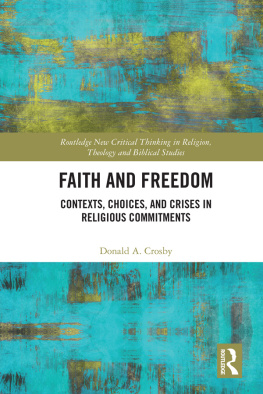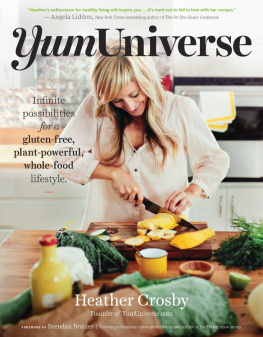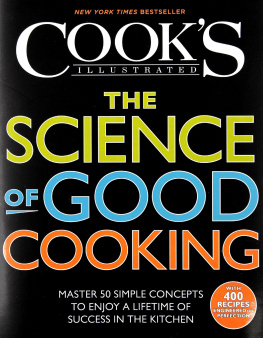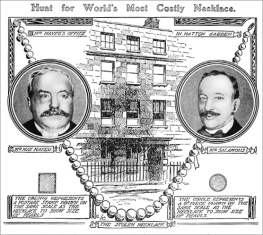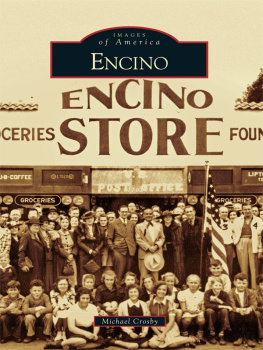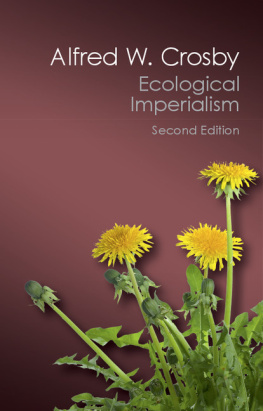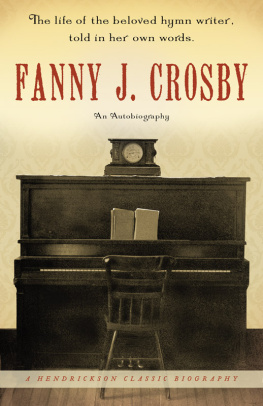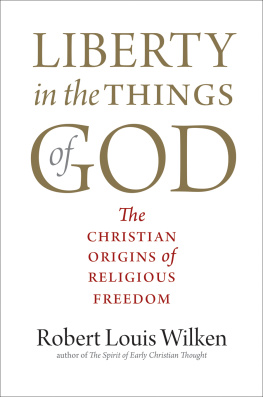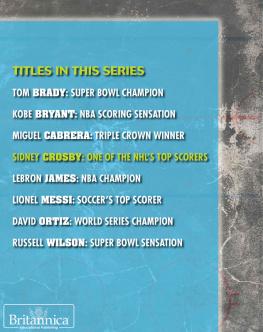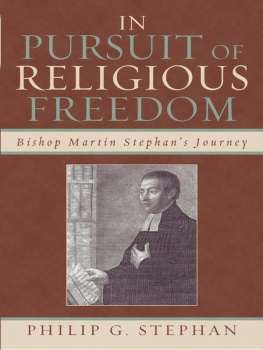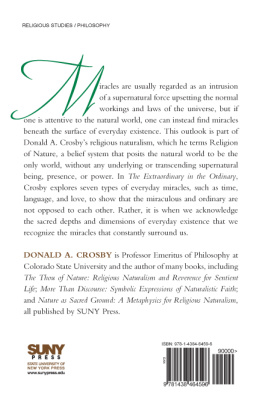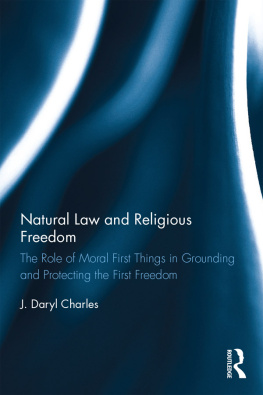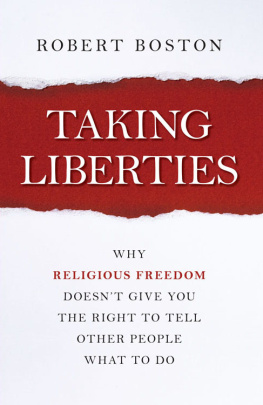Crosby - Faith and freedom : contexts, choices, and crises in religious commitments
Here you can read online Crosby - Faith and freedom : contexts, choices, and crises in religious commitments full text of the book (entire story) in english for free. Download pdf and epub, get meaning, cover and reviews about this ebook. year: 2018, publisher: Routledge, genre: Religion. Description of the work, (preface) as well as reviews are available. Best literature library LitArk.com created for fans of good reading and offers a wide selection of genres:
Romance novel
Science fiction
Adventure
Detective
Science
History
Home and family
Prose
Art
Politics
Computer
Non-fiction
Religion
Business
Children
Humor
Choose a favorite category and find really read worthwhile books. Enjoy immersion in the world of imagination, feel the emotions of the characters or learn something new for yourself, make an fascinating discovery.
Faith and freedom : contexts, choices, and crises in religious commitments: summary, description and annotation
We offer to read an annotation, description, summary or preface (depends on what the author of the book "Faith and freedom : contexts, choices, and crises in religious commitments" wrote himself). If you haven't found the necessary information about the book — write in the comments, we will try to find it.
Faith and freedom : contexts, choices, and crises in religious commitments — read online for free the complete book (whole text) full work
Below is the text of the book, divided by pages. System saving the place of the last page read, allows you to conveniently read the book "Faith and freedom : contexts, choices, and crises in religious commitments" online for free, without having to search again every time where you left off. Put a bookmark, and you can go to the page where you finished reading at any time.
Font size:
Interval:
Bookmark:

It is sometimes thought that individual religious faith should be firmly fixed in the traditions of the past. That once it is established in someones life, it should remain steadfast and unchanging throughout personal, cultural, or any other changes. This book subverts that idea by showing how it is actually ongoing inquiry, examination, and indeed change, requiring similarly ongoing acts of informed and responsible freedom, that will produce a dynamic and meaningful faith.
Contending that religious faith should readily encompass deliberate and ongoing acts of personal freedom, the text outlines various ways in which these dual aspects are more ally than enemy. It also demonstrates how the ongoing free choices that are required for genuine faith are not absolute, but are in fact contextualized and conditioned by genetic makeup, environmental conditioning, and present character traits produced in part by a persons past choices. Despite this caveat, personal freedom is presented as genuine and real, with a vitally important role to play in a persons religiosity. The book concludes with some observations of this process in practice in the authors own journey from a Christian theist worldview to that of a religious naturalist.
This is a fascinating treatise on the role of personal freedom in religious faith. It will, therefore, be of significant interest to scholars of religion, theology, philosophy of religion, and religious naturalism.
Donald A. Crosby is Professor of Philosophy Emeritus, Colorado State University, USA.
The Routledge New Critical Thinking in Religion, Theology and Biblical Studies series brings high quality research monograph publishing back into focus for authors, international libraries, and student, academic and research readers. This open-ended monograph series presents cutting-edge research from both established and new authors in the field. With specialist focus yet clear contextual presentation of contemporary research, books in the series take research into important new directions and open the field to new critical debate within the discipline, in areas of related study, and in key areas for contemporary society.
The Church, Authority and Foucault
Imagining the Church as an Open Space of Freedom
Steven G. Ogden
Israel, the Church, and Millenarianism
A Way Beyond Replacement Theology
Steven D. Aguzzi
The Liquidation of the Church
Kees de Groot
Myth and Solidarity in the Modern World
Beyond Religious and Political Division
Timothy Stacey
Pacifism and Pentecostals in South Africa
A New Hermeneutic for Nonviolence
Marius Nel
Faith and Freedom
Contexts, Choices, and Crises in Religious Commitments
Donald A. Crosby
For more information about this series, please visit: www.routledge.com/religion/series/RCRITREL

First published 2018
by Routledge
2 Park Square, Milton Park, Abingdon, Oxon OX14 4RN
and by Routledge
711 Third Avenue, New York, NY 10017
Routledge is an imprint of the Taylor & Francis Group, an informa business
2018 Donald A. Crosby
The right of Donald A. Crosby to be identified as author of this work has been asserted by him in accordance with sections 77 and 78 of the Copyright, Designs and Patents Act 1988.
All rights reserved. No part of this book may be reprinted or reproduced or utilised in any form or by any electronic, mechanical, or other means, now known or hereafter invented, including photocopying and recording, or in any information storage or retrieval system, without permission in writing from the publishers.
Trademark notice: Product or corporate names may be trademarks or registered trademarks, and are used only for identification and explanation without intent to infringe.
British Library Cataloguing-in-Publication Data
A catalogue record for this book is available from the British Library
Library of Congress Cataloging-in-Publication Data
Names: Crosby, Donald A., author.
Title: Faith and freedom : contexts, choices, and crises in religious commitments / Donald A. Crosby.
Description: New York : Routledge, 2018. | Series: Routledge new critical thinking in religion, theology, and biblical studies | Includes bibliographical references and index.
Identifiers: LCCN 2018008437 | ISBN 9781138607774 (hardback : alk. paper) | ISBN 9780429467011 (ebook)
Subjects: LCSH: Faith. | LibertyReligious aspects. | Change (Psychology)Religious aspects. | Spiritual formation.
Classification: LCC BL626.3 .C76 2018 | DDC 202/.2dc23
LC record available at https://lccn.loc.gov/2018008437
ISBN: 978-1-138-60777-4 (hbk)
ISBN: 978-0-429-46701-1 (ebk)
Typeset in Sabon
by Apex CoVantage, LLC
In Memory of Paul L. Lehmann
Champion of Contextual Discernment, Proponent of Situational Freedom, and Revered Teacher
This book is about the interrelation of freedom and destiny as freedom faces toward the future. More specifically, it is about this intimate relationship as it bears on religious beliefs and religious stances of faith. Human freedom is real, but it is always a freedom conditioned and deeply influenced by a past made up of three basic factors in a persons character or makeup at any given time: the persons genotype, his or her environmental background and influences, and the habits, character, and opportunities created by the persons previous choices. These three factors constitute the destiny or formed self of that person at that time. This destiny is not the same thing as fate because it does not determine, explain, or account for present choices in all their relevant respects. In the words of theologian Paul Tillich, Destiny is not a strange power which determines what shall happen to me. It is myself as given, formed by nature, history, and myself. My destiny is the basis of my freedom; my freedom participates in shaping my destiny (1951: 185). Thus destiny poses ranges of opportunities for the future and does not just impose restrictions or determinations from the past. It is not something settled or fixed, but is being continuously refashioned. And it is the basis, brought forward from the distant as well as the proximal and immediate past, for continuing new acts and choices of the present and the future.
The relationship of destiny and freedom is particularly crucial in the domain of religion. I maintain throughout this book that all change is transformation of something available for change prior to the process by which it undergoes change. In other words, there is no such thing as sheer, de novo, contextless change. Similarly, all acts of freedom are acts of transformation of something given to the present by the past. This something given includes the opportunities for choice present in a given situation of choice. But it also consists of the aforementioned three factors in the persons makeup at the time of the choice: the persons genotype or what each person uniquely is as a biological organism and distinctive being and the range of choices it makes possible, the environmental conditioning that helped to shape the person in the past, and the character of the person formed to a significant extent by the persons earlier choices.
Font size:
Interval:
Bookmark:
Similar books «Faith and freedom : contexts, choices, and crises in religious commitments»
Look at similar books to Faith and freedom : contexts, choices, and crises in religious commitments. We have selected literature similar in name and meaning in the hope of providing readers with more options to find new, interesting, not yet read works.
Discussion, reviews of the book Faith and freedom : contexts, choices, and crises in religious commitments and just readers' own opinions. Leave your comments, write what you think about the work, its meaning or the main characters. Specify what exactly you liked and what you didn't like, and why you think so.

